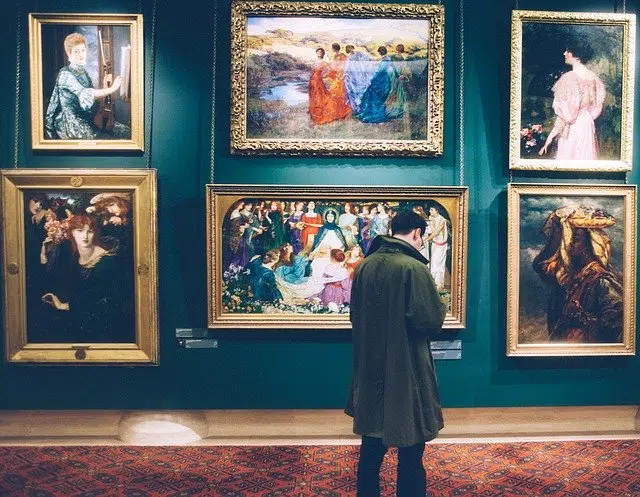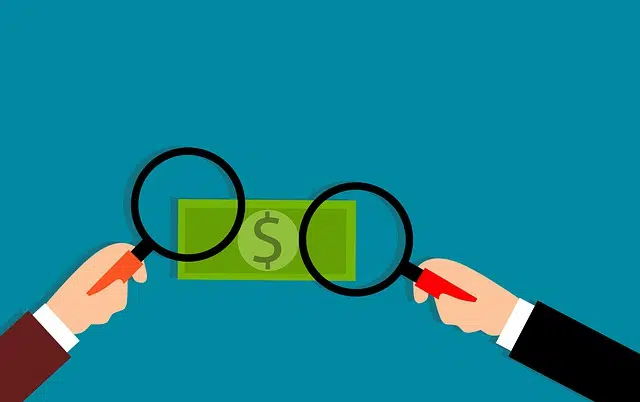
The authenticity of a work of art usually determines the value of the piece in question: an original painting is not worth the same as a reproduction.
The condition of being authentic is known as authenticity . Authentic, for its part, is an adjective that qualifies that which is documented or certified as true or safe . It is also said that a person is authentic when he is not hypocritical or tries to appear different from how he is .
For example: "I like these pants but I have doubts about their authenticity: how do I know they are not counterfeit?" , «My task is to analyze the authenticity of the works before they are auctioned» , «Authenticity is one of my pillars as an artist» .
Authenticity in art and antiques
In the field of art and antiques , authenticity is very important as it determines the value of the objects . A painting painted by a famous artist can be worth millions of dollars, while a copy, imitation or reproduction may be worth less than ten dollars.
Determining the authenticity of the paintings, therefore, is essential. Similarly, a person may try to sell a manuscript claiming that it is a thousand years old: confirming its authenticity is necessary before completing the transaction.
The notion in journalism
The analysis of authenticity is also important in journalism . The anchor of a news program may receive an envelope with photographs where, supposedly, a politician is seen receiving money from a drug trafficker. Before spreading the news, the journalist must confirm the authenticity of the material because it may be a montage to discredit the political leader.
Authenticity, in this framework, determines the validity of the information. That is why reviewing the material is an essential task for the journalist.

To prevent the circulation of counterfeit money, it is important to know how to determine the authenticity of banknotes.
Difficulty finding authenticity
Thanks to the reduction in the complexity of mass production processes for many types of products, we find ourselves in an era in which authenticity is very difficult to find. In addition to the fact that almost anyone can access manufacturing tools that in the past were reserved for large companies , the price of raw materials has also become easy to face.
There are those who think that ideas are worthless, since between the moment of their conception and the conclusion of the realization process there is a long and arduous path, which not everyone is willing to travel. This way of understanding the need to protect ideas, or rather the absence of said need, is shared by dozens of entrepreneurs and creators from various areas. Part of this argument is the fact that not everyone has the talent to carry out an idea, which is why theft does not always lead to plagiarism itself .
Of course, not everything is so simple, since the lack of skill does not stop the many companies that are dedicated to copying products and services, with the aim of taking advantage of other people's ideas. This can have different consequences, although all serious for the victims of imitation : if the plagiarism is published before the original work, this can seriously affect the initial impact of the latter on the market; For the rest of the cases, your sales may decline due to a cheaper alternative.
The lack of authenticity of a product or service and its success in the market is a sign of a series of problems, including a deficiency in the control mechanisms by the relevant authorities, cracks in property protection systems intellectual and a lack of vision and demand in the public that consumes them. If consumers stopped collaborating with plagiarism, it would disappear.
Authenticity, finally, is a characteristic of the subject that does not appear to be something other than what it is : "When he modified his wardrobe and aesthetics at the suggestion of a producer, the singer lost the authenticity that the public liked so much."
